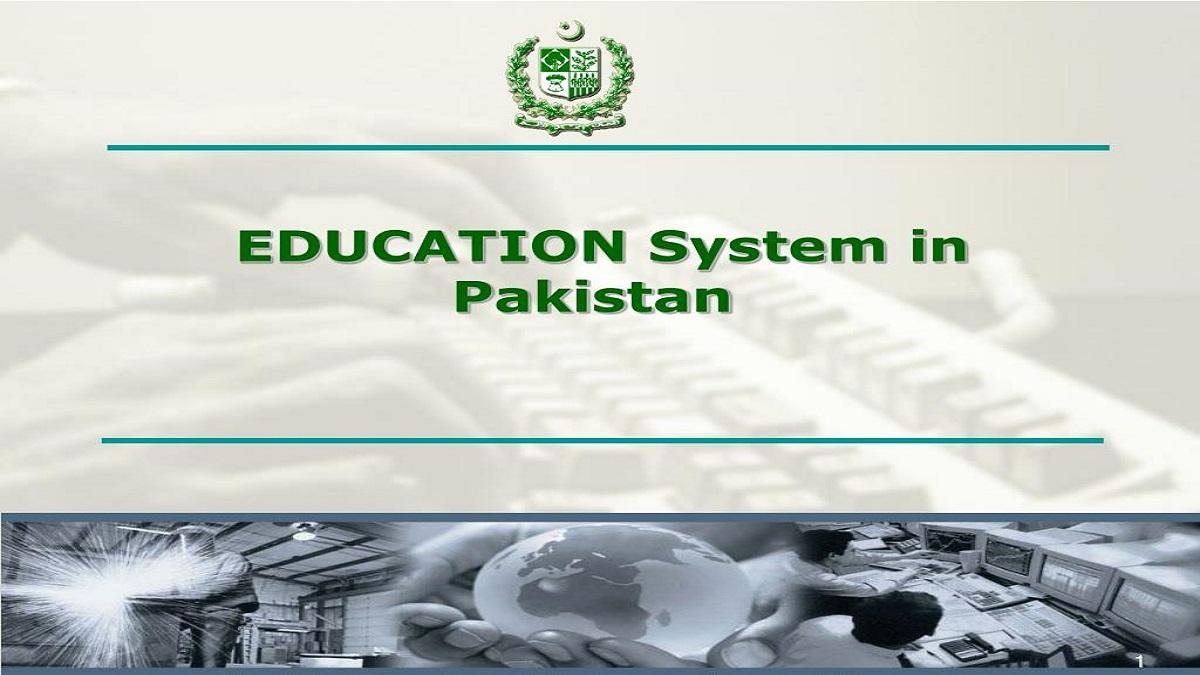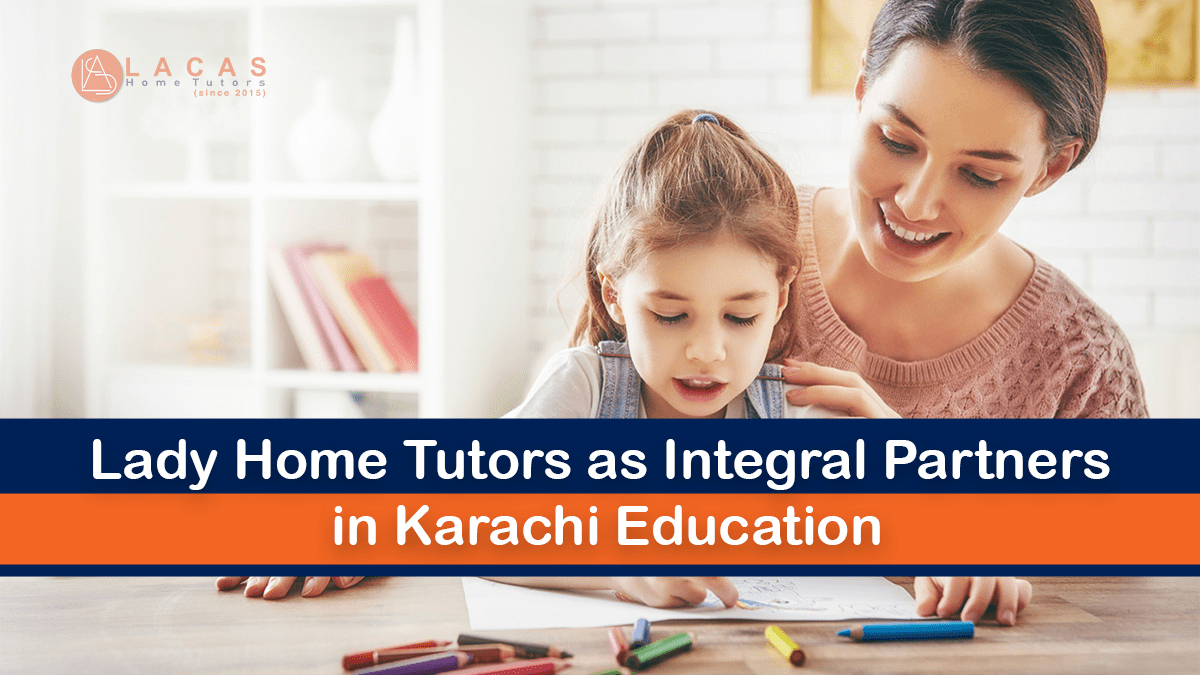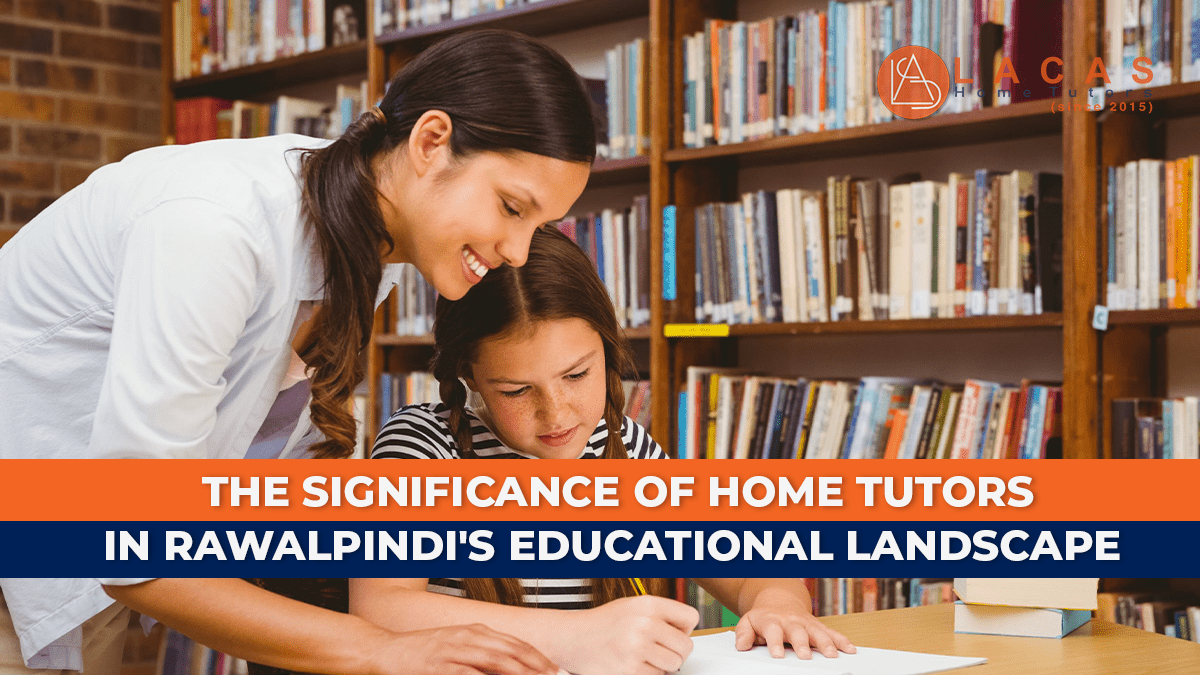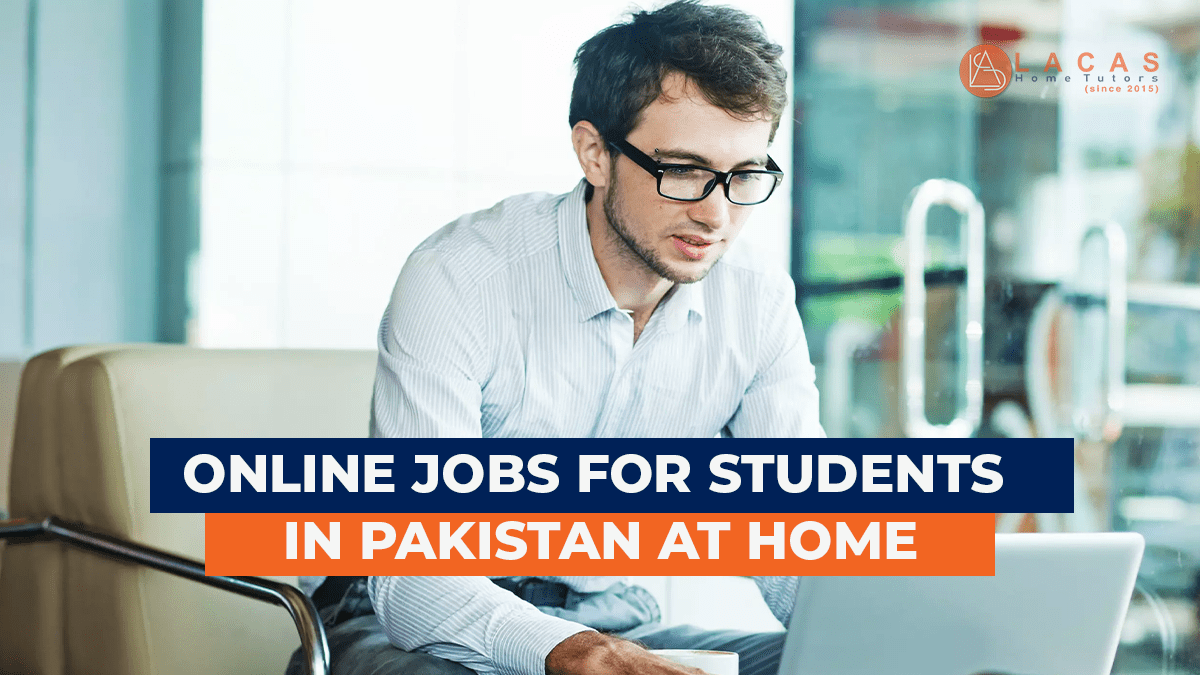The Education System in Pakistan is facing many challenges that need to be addressed to ensure that students are receiving the quality of education they deserve. The most effective ways to improve the Education System in Pakistan, including increasing access to quality resources, improving teacher training, and investing in technology. With these strategies, we can make sure that all students have access to the educational opportunities they need to reach their full potential.
Strengthening Teacher Training and Professional Development
One of the key factors in improving the education system in Pakistan is strengthening teacher training and professional development. Teachers play a crucial role in shaping the future of our nation, and they need to be equipped with the skills and knowledge necessary to teach effectively and efficiently. One way to achieve this is through the provision of high-quality teacher training programs, both online and offline. For example, Home Tutors in Karachi and other major cities offer some of the best home & online tutoring services to help teachers upgrade their skills and stay up-to-date with the latest teaching methods and pedagogies.
Moreover, schools and educational institutions should invest in regular workshops and training sessions to keep teachers motivated and engaged. This will help them improve their teaching techniques, curriculum design, assessment strategies, and classroom management skills. Furthermore, it is essential to encourage teacher-led research and professional collaboration to foster continuous learning and innovation. Teachers need to feel valued and appreciated for the important work they do, and investing in their development is one way to achieve this.
Overall, strengthening teacher training and professional development is a crucial step in improving the quality of education in Pakistan. With the support of organizations such as Home Tutors in Lahore and other institutions, we can help teachers build their skills and confidence, which will ultimately benefit our students and society as a whole.
Upgrading Infrastructure and Facilities in Schools
One of the key challenges facing the education system in Pakistan is the lack of adequate infrastructure and facilities in schools. Many schools lack basic amenities such as clean drinking water, functional toilets, and proper ventilation. This not only affects the learning environment for students but also affects the health and well-being of teachers and staff.
To address this challenge, the government needs to invest in upgrading infrastructure and facilities in schools. This includes improving the physical infrastructure of schools, such as repairing or constructing new buildings, as well as providing essential amenities such as furniture, equipment, and supplies.
Moreover, one way to improve the quality of education is by hiring the best home & online tutor for the students. Home Tutors in Lahore can be very helpful in terms of helping students who may need extra support and attention outside the classroom. They can provide individualized attention to students and help them to better understand and engage with their coursework.
In addition to upgrading infrastructure, it is also important to focus on the safety and security of students. This can be achieved by implementing safety measures such as installing CCTV cameras, providing adequate lighting, and employing security guards.
Overall, upgrading infrastructure and facilities in schools is crucial for improving the education system in Pakistan. By investing in the physical infrastructure of schools and ensuring that they have the necessary amenities and resources, we can create a conducive environment for learning and support the growth and development of our future generations.
Promoting Inclusive Education and Addressing Educational Disparities
In Pakistan, there are significant disparities in access to quality education across different regions, socioeconomic groups, and gender. To promote inclusive education and address these disparities, several measures can be taken.
One of the key steps is to provide equal opportunities for learning to all children. This includes offering accessible and affordable education to marginalized communities and girls. Furthermore, it is important to address cultural and social norms that limit access to education for girls and children with disabilities.
In addition, the role of teachers in promoting inclusive education cannot be overstated. Providing teacher training on inclusive practices, classroom management, and assessment can help create an environment that supports all learners. For students who require additional support, it may be necessary to provide extra help through the best home or online tutor.
Moreover, technology can play a critical role in promoting inclusive education and addressing educational disparities. For instance, online learning platforms and educational apps can be used to deliver high-quality education to children who are unable to attend school. Investing in technology and digital learning resources can ensure that all students have access to educational opportunities.
Finally, promoting inclusive education and addressing educational disparities requires a commitment from the government and all stakeholders. This includes ensuring that education policies and budgets are geared towards reducing disparities, fostering partnerships with civil society organizations and communities, and implementing effective monitoring and evaluation mechanisms to ensure progress is being made.
By promoting inclusive education and addressing educational disparities, we can create a more equitable and just society where every child has the opportunity to learn and thrive.
Revising and Updating the Curriculum to Align with Modern Needs
The curriculum in Pakistan needs to be revised and updated to align with modern needs and prepare students for the rapidly evolving world. One of the key challenges facing the education system in Pakistan is that the current curriculum is outdated and does not adequately prepare students for the future.
To address this challenge, it is important to bring in the best home and online tutors who can guide students on the latest technologies and tools, and help them develop the skills they need to thrive in the modern world.
These tutors can help revise and update the curriculum to ensure that it meets the needs of the 21st century. This means incorporating new topics like digital literacy, coding, and critical thinking into the curriculum.
Moreover, the curriculum should be designed in a way that encourages creativity and innovation among students and prepares them to solve real-world problems. The focus should be on building practical skills that students can use in their daily lives and future careers.
By bringing in the best home and online tutors, we can ensure that the curriculum is updated and aligned with modern needs and that students are prepared for the future. This will help bridge the gap between education and industry and produce a new generation of skilled and talented individuals who can contribute to the development of Pakistan.
Encouraging Parent and Community Involvement in Education
Parents and community members play a crucial role in improving the education system in Pakistan. When they actively participate in their children’s education, it leads to better learning outcomes and enhances the overall quality of education.
One way to encourage parent involvement is by providing regular updates on their child’s progress. This can be done through parent-teacher conferences or regular progress reports. Moreover, schools should involve parents in decision-making processes and provide them with opportunities to contribute to the school’s development.
Another way to involve parents is by encouraging them to act as advocates for education reform. They can help raise awareness about the importance of education and advocate for policy changes that can improve the system. Additionally, parents can volunteer their time and resources to support school activities and events.
Community involvement in education is also crucial. Local leaders and organizations can help promote education initiatives, raise funds for schools, and provide support for teachers and students. Moreover, community members can act as mentors and role models for students, inspiring them to pursue education and career goals.
Furthermore, parents and community members can play a significant role in providing additional educational support to children by hiring the best home or online tutor. This way, they can ensure that their children receive the additional guidance and attention that they need to excel in their studies. With the support of parents and community members, the education system in Pakistan can significantly improve.
Investing in Technology and Digital Learning Resources
As the world becomes increasingly digital, investing in technology and digital learning resources is crucial for improving the education system in Pakistan. Technology has the power to transform the way students learn, making education more engaging, interactive, and accessible.
One effective way to incorporate technology in the classroom is through the use of online learning resources. These resources can be accessed from anywhere and at any time, making it possible for students to learn at their own pace and on their own schedule. Additionally, digital resources are often more interactive and engaging than traditional textbooks, which can help keep students interested and motivated to learn.
To make the most of digital learning resources, it’s important to ensure that students have access to the necessary technology. This includes computers, tablets, and reliable internet connectivity. Investing in these tools and resources can help bridge the digital divide and ensure that all students have an equal opportunity to learn and succeed.
Another way to improve the use of technology in education is through the hiring of the best home & online tutor. These tutors can work with students individually or in small groups, providing personalized instruction and support. Additionally, online tutors can connect with students from anywhere in the world, making it possible for students in underserved areas to access quality education.
Overall, investing in technology and digital learning resources is essential for improving the education system in Pakistan. By providing students with the tools and resources they need to succeed, we can help ensure a brighter future for all.
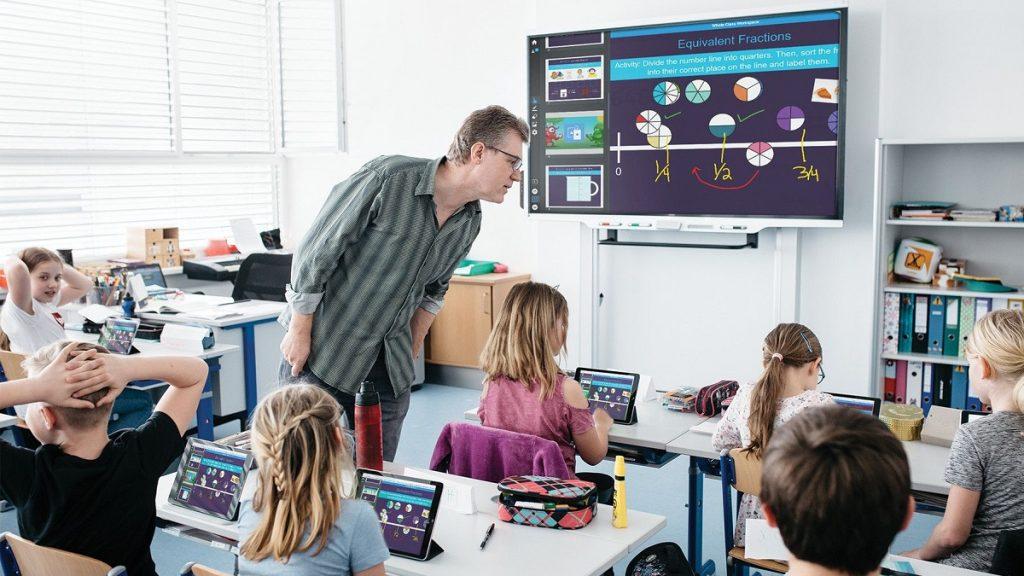
Increasing Access to Quality Education in Underserved Areas
One of the major challenges in improving the education system in Pakistan is providing quality education to children in underserved areas. Many children living in rural and remote areas lack access to proper schools, qualified teachers, and adequate learning resources. In addition, poverty and social norms often discourage families from sending their children, especially girls, to school.
To address this challenge, the government and other stakeholders should take a multi-pronged approach that focuses on increasing access, equity, and quality of education in underserved areas. Here are some suggestions:
1. Establish more schools in rural and remote areas:
The government should identify areas where there is a shortage of schools and build more schools to accommodate the children in those areas. This would involve providing adequate infrastructure, such as classrooms, libraries, and toilets, as well as recruiting and training qualified teachers.
2. Provide transportation:
Many children living in remote areas have to walk long distances to reach the nearest school, which can be a significant barrier to education. Providing transportation, such as school buses or bicycles, can help these children access education more easily.
3. Offer scholarships and incentives:
To encourage parents to send their children to school, the government and NGOs should offer scholarships, cash transfers, and other incentives to cover the cost of education, such as books, uniforms, and fees. This can also help reduce the financial burden on families, especially those living in poverty.
4. Provide mobile education services:
In areas where establishing permanent schools may not be feasible, mobile education services, such as mobile classrooms and teachers, can be used to provide education to children. This can help reach children in remote areas who may not be able to access formal schools.
5. Use technology:
Technology can be a powerful tool for delivering education in underserved areas. For example, online courses and digital learning resources can help student’s access quality education regardless of their location. In addition, mobile apps can help teachers and students stay connected and exchange information.
By increasing access to quality education in underserved areas, we can help children overcome the barriers that prevent them from realizing their full potential. We must work together to ensure that every child in Pakistan has the opportunity to receive a quality education.
Enhancing Education Financing and Budget Allocation
One of the major challenges facing the education system in Pakistan is a lack of adequate financing and budget allocation. According to UNESCO, Pakistan spends only 2.4% of its GDP on education, which is much lower than the recommended international standard of at least 6%. This lack of funding has resulted in inadequate resources, outdated infrastructure, and insufficient staffing in many schools across the country.
To improve the education system, there is a need for enhancing education financing and budget allocation. This can be achieved through several strategies such as:
1. Increasing government expenditure on education:
The government should allocate a higher proportion of its budget towards education, ensuring that there is enough funding for schools to operate efficiently and effectively.
2. Mobilizing private sector funding:
Encouraging private sector organizations and philanthropists to invest in education can help provide additional resources and support to schools. The government can offer incentives to private organizations to invest in education, such as tax breaks or subsidies.
3. Improving budget transparency and accountability:
Ensuring that education funding is allocated effectively and transparently can help improve the efficiency of spending and minimize corruption. The government should establish mechanisms to track and report on how education funds are spent.
4. Developing innovative financing mechanisms:
Developing innovative financing mechanisms such as social impact bonds or student loan programs can help improve access to education for disadvantaged groups and raise additional funds for education.
5. Strengthening international partnerships:
Pakistan can work with international organizations and other countries to access funding and support for education programs. These partnerships can also provide access to technical expertise and best practices for improving education systems.
Enhancing education financing and budget allocation is a critical step toward improving the education system in Pakistan. By increasing funding and ensuring efficient use of resources, we can create a more inclusive, equitable, and high-quality education system that benefits all children.
Implementing Effective Monitoring and Evaluation Mechanisms
Implementing effective monitoring and evaluation mechanisms is essential to ensure the success of any education system. Monitoring and evaluation refer to the continuous process of gathering data to assess progress toward goals, identifying areas for improvement, and using that information to inform decision-making and make changes where necessary.
In the context of Pakistan’s education system, monitoring and evaluation mechanisms are critical to ensuring that policies and programs are being implemented effectively and that they are achieving their intended outcomes. Some key steps that can be taken to implement effective monitoring and evaluation mechanisms include:
1. Developing clear indicators of progress:
Before implementing any education program or policy, it is important to establish clear indicators of success and develop a system for measuring progress towards those goals. This might include tracking changes in student attendance, performance on standardized tests, graduation rates, or other metrics.
2. Regularly collecting data:
Once indicators have been established, it is essential to regularly collect data on those measures. This might involve collecting data from schools, teachers, students, parents, or other stakeholders. Data should be collected frequently enough to track progress over time, but not so often that it becomes burdensome or disruptive to daily activities.
3. Analyzing data and using it to inform decision-making:
Once data has been collected, it must be analyzed to identify areas of strength and weakness. This information can then be used to inform decision-making at various levels of the education system, from the school level to the national level. For example, if data shows that students in a particular school are struggling with a certain subject, teachers and administrators can work together to develop targeted interventions to help those students improve.
4. Providing feedback to stakeholders:
Finally, it is important to provide regular feedback to stakeholders on the progress of education programs and policies. This might involve sharing data with teachers, administrators, or parents, and using that feedback to make adjustments or improvements to programs and policies.
By implementing effective monitoring and evaluation mechanisms, Pakistan’s education system can become more transparent, accountable, and responsive to the needs of students, teachers, and communities. Ultimately, this will help to improve the quality of education and promote better outcomes for all.
Fostering Collaboration and Partnerships for Education Reforms
Improving the education system in Pakistan is not a task that can be achieved by one organization or individual. It requires a collective effort from all stakeholders, including government, private sector, civil society, and the international community. Fostering collaboration and partnerships is crucial to achieving effective education reforms in Pakistan. Here are some ways in which we can achieve this:
1. Encourage Multi-Stakeholder Dialogue:
A multi-stakeholder approach involves bringing together individuals from various sectors to discuss issues related to education and collaborate on solutions. This dialogue should involve educators, policymakers, parents, and students, to ensure that all perspectives are taken into account.
2. Partner with Private Sector:
The private sector can play a significant role in improving the education system in Pakistan. Collaboration with private sector organizations can bring innovation and efficiency to the education sector. This partnership can involve CSR initiatives or collaboration on educational technology development and implementation.
3. Work with International Donors:
The international community can also play a significant role in supporting education reforms in Pakistan. Donors can provide funding, technical assistance, and knowledge sharing. Working with international partners can also bring exposure to global best practices and innovative solutions.
4. Establish Local Partnerships:
Local partnerships with community organizations and NGOs can help bridge the gap between policy implementation and ground realities. Local partners can bring a contextualized approach to education reform and address specific local needs.
5. Foster Public-Private Partnerships:
Public-private partnerships (PPPs) can bring the best of both worlds by leveraging the strengths of both the public and private sectors. PPPs can be established for various aspects of education, such as school infrastructure development, curriculum development, and teacher training.
Collaboration and partnerships are essential for improving the education system in Pakistan. These partnerships can bring innovation, efficiency, and sustainable solutions to the education sector. By working together, we can create a better future for Pakistan’s children.

